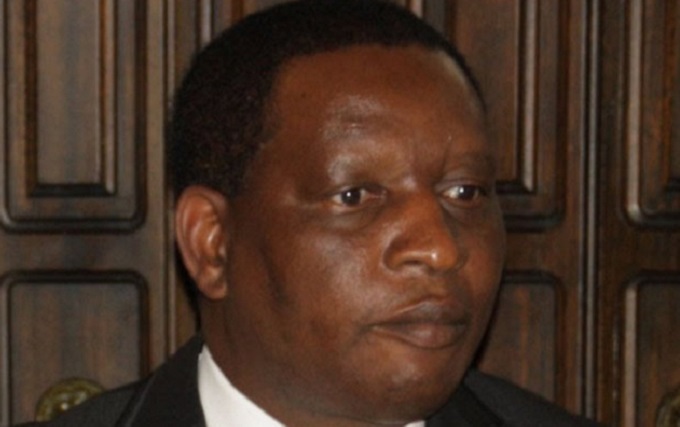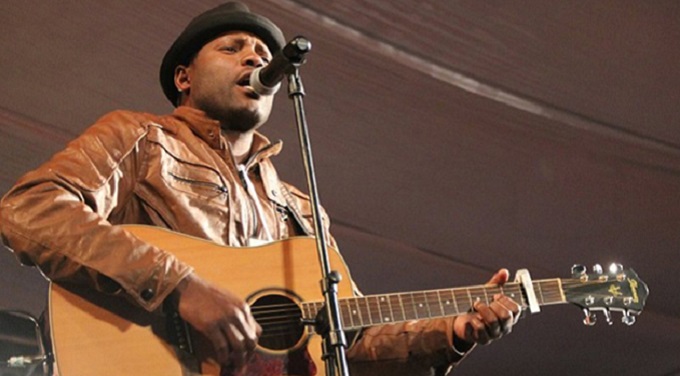Nigeria accuses opposition of plotting poll violence
Nigeria’s government on Monday warned about an increase in violence before next month’s elections, accusing the main opposition of trying to foment unrest to jeopardise the vote.
Information Minister Lai Mohammed said the government had “credible intelligence” that the Peoples Democratic Party (PDP) was orchestrating “widespread violence”.
The party was trying to whip up unrest with a view to cutting short the elections, thereby triggering “a constitutional crisis that could snowball into the establishment of an interim government”, he told a news conference in Abuja.
The PDP dismissed the claims as “irresponsible and ludicrous”.
Africa’s most populous nation goes to the polls to elect a new president and parliament on February 16, with a close race expected between the two main parties.
Nigerian elections are often turbulent affairs, frequently marked by allegations of fraud or backroom dealings.
President Muhammadu Buhari of the All Progressives Congress (APC) is seeking a second term in office with PDP candidate Atiku Abubakar his closest rival.
The PDP was in power for 16 years from 1999, when democracy was restored after decades of military rule. Buhari’s victory in 2015 was the first for an opposition candidate.
As it was in the 2015 campaign, security remains a major issue with Boko Haram Islamists still active in the remote northeast despite Buhari’s vow to end the insurgency.
This weekend, troops fought off Boko Haram jihadists in three separate incidents – the latest in an increasing number of attacks on military positions in recent months.
On Monday, Buhari, 76, held a campaign rally attended by thousands in Maiduguri, the birthplace of Boko Haram and capital of Borno state which has been hit hardest by the violence of the past decade.
Several people at the rally were injured when a large pavilion came crashing down on some party supporters.
“I am shocked to hear about the many who suffered injury following the tragic incident at the stadium this afternoon in Maiduguri,” Buhari said in a statement.
The president also paid tribute to “the souls of the deceased”, but that part of the statement was retracted when it was revealed no one was killed.
Nigeria has also been struggling with an escalation of violence between nomadic cattle herders and farmers in central states where they have fought a long-running battle for land and water.
At the same time, there has been a rise in kidnappings and cattle rustling by armed bandits in some northern states.
The country has a long history of deadly political unrest, particularly around elections.
In 2011, around 1 000 people were killed in a wave of violence which erupted after the results of the presidential poll were announced.
— AP










Comments